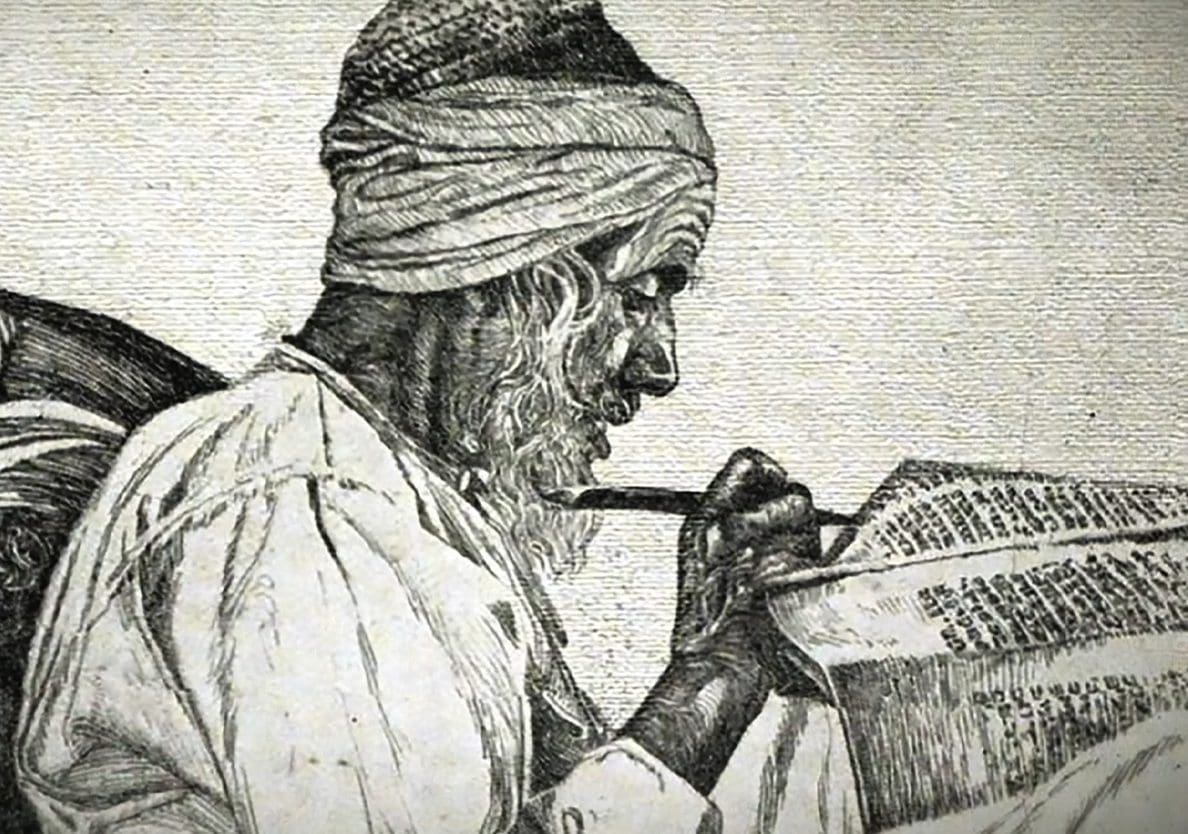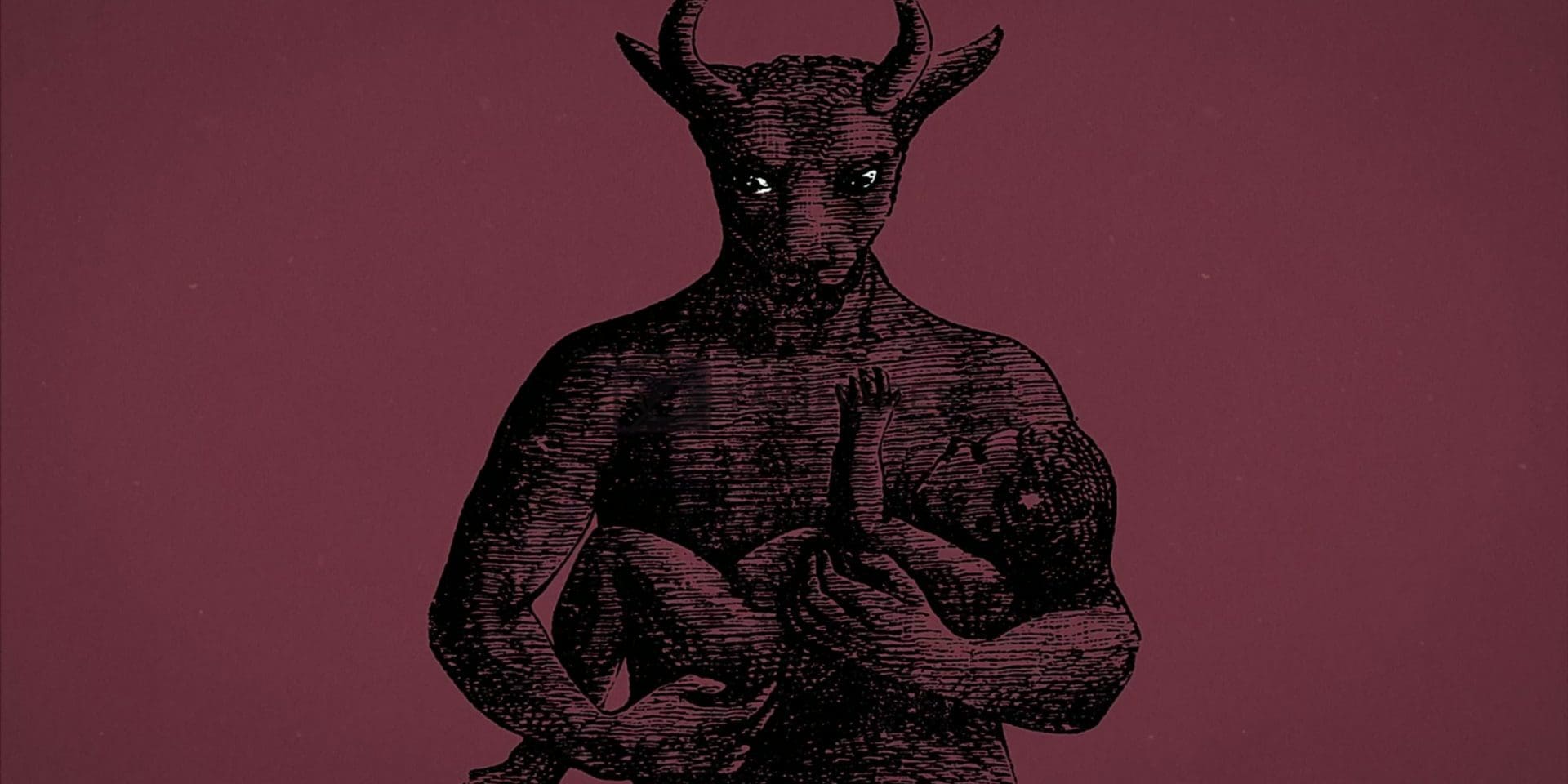Following in the footsteps of his wicked father Ahab, the spiritually defiant king Ahaziah also provoked the Lord to anger by pledging his allegiance to Baal rather than to Jehovah. Therefore, the Lord ended his reign prematurely through an ultimately fatal fall through the lattice of his upper chamber. It was a humiliating defeat, for he had not fallen with honour on the battlefield but rather within his own palace walls. Yet, even in this, Ahaziah refused to turn to the Lord for help and instead inquired of “Baal-Zebub” the god of the Philistine city of Ekron as to whether he would live or die.
Curiously, the name Baalzebub means “lord of the flies” (or “the fly god”) and many believe this to be a deliberate Israelite corruption of Baalzebul (meaning, “Baal the prince”) in order to show their utter disrespect and distain for this so-called deity. This is conceivable for at least two reasons. First, Jewish writers are well known for their fondness of wordplay. Second, while Baalzebul is a name known from ancient Canaanite texts, outside of this Biblical passage (2 Kings 1:2) scholars have been unable to identify any Baalzebub in the ancient world.
“Baal-Zebub was a god from whom knowledge of future events was sought by means of the flight of insects.”
Of course, it is also possible that this name isn’t a corruption at all but rather “a title indicating mastery over flies, the spreaders of pestilence, and thus over the curing of disease.”[1] Interestingly, this was not a foreign concept in the ancient world. As one scholar points out, “One method by which professional prophets determined the will of the gods was to watch the ways in which flies swarmed. So probably Baal-Zebub was a god from whom knowledge of future events was sought by means of the flight of insects.”[2] Additionally, the ancient Romans and Greeks apparently called the god Jupiter the “fly driver” because they believed he could drive away flies.[3] Significantly, two ancient artifacts bearing Jupiter’s image connect him with mastery over flies. The first is an ancient paste which is a composite of Jupiter’s face with the body of a fly. And the second is a gem with the head of Jupiter in the center and two flies below indicating his governance over them.[4]


Ancient imagery seems to also connect Apollo, the Greek god of medicine, with mastery over flies. For example, a coin from Delphos, where Apollo had a temple, has on one side of it several images associated with Apollo; and on the other side the image of a fly. Also included on this coin is an image of a goat’s head which apparently represents the pythonic spirit which is a spirit that is supposedly able to foretell future events. As the images suggest, and as history confirms, Apollo was considered the god of medicine from whom a knowledge of future events was sought. Based upon this, some identify Apollo as none other than Baalzebub. If so, then it makes sense of why Ahaziah sent messengers outside the land of Israel on a 60-mile (almost 100-kilometer) trip for such a consultation: “Ahaziah sought divine knowledge from Ekron, just as people from all over the ancient world visited…Delphi to inquire of the oracle [Apollo] there.”[5]
Of course, there is no power in such things and if Ahaziah had only humbled himself and surrendered to the One and only God who does know beginning from end (Isaiah 46:10) and does have the power to heal, his life may have been saved.

Ryan Hembree is a daily co-host, speaker, and writer of Bible Discovery. He also hosts a YouTube channel that shows the unity of the Bible and how science and Scripture fit together. Ryan also has an honorary Masters of Ministry in Creation Science from Phoenix University of Theology.
[2] NKJV Chronological Study Bible, The Lord of the Flies (2 KIN. 1:2–16)
[3] Charles Taylor, Edward Wells, Augustin Calmet, Calmet’s Great Dictionary of the Holy Bible, Volume 4 1814, 266-267
[4] Ibid.
[5] NKJV Chronological Study Bible Notes, The Lord of the Flies (2 Kings 1:2–16)






